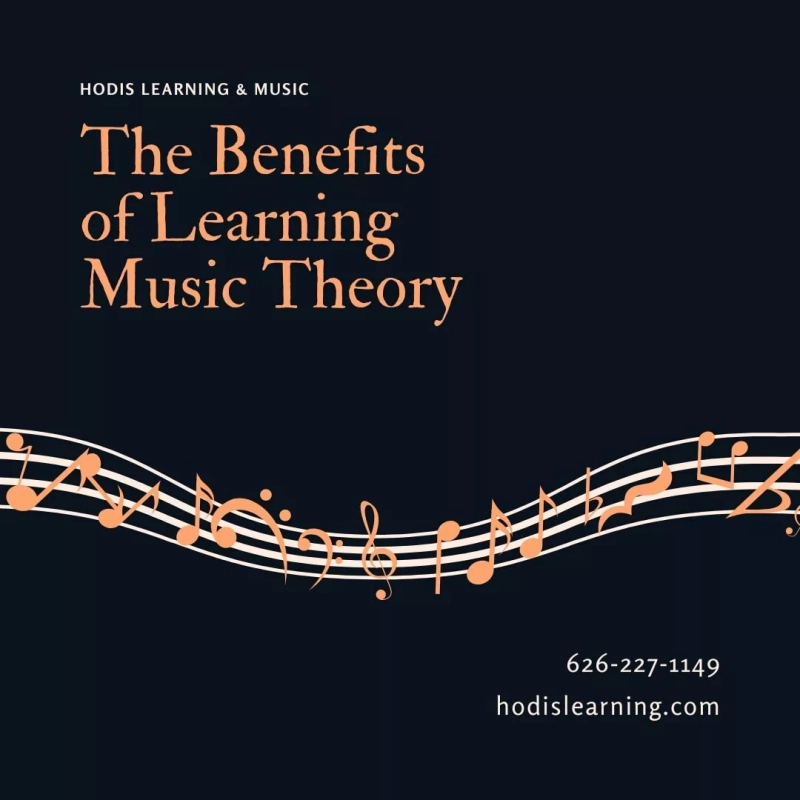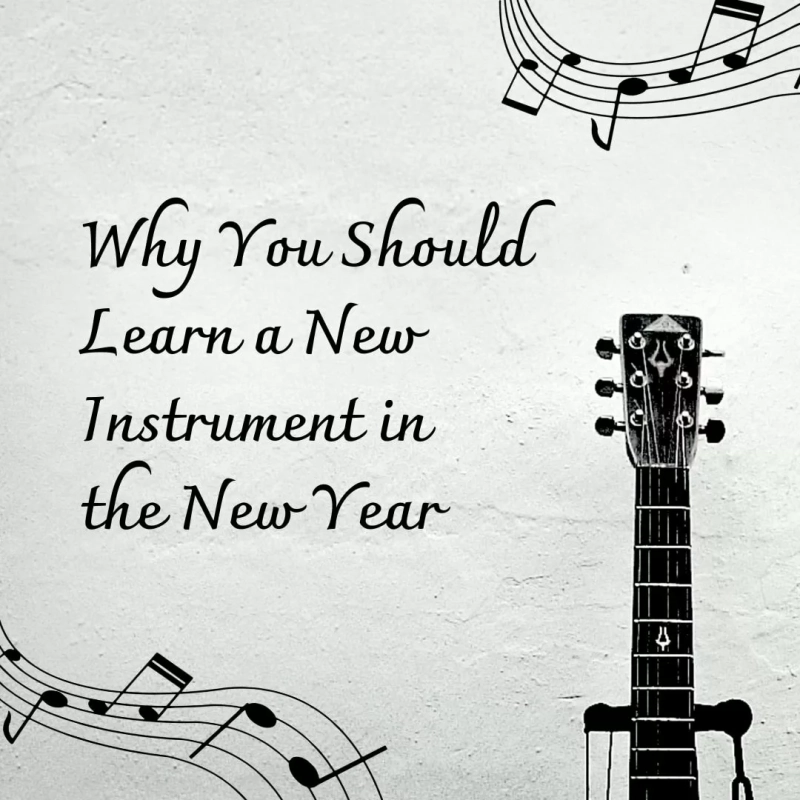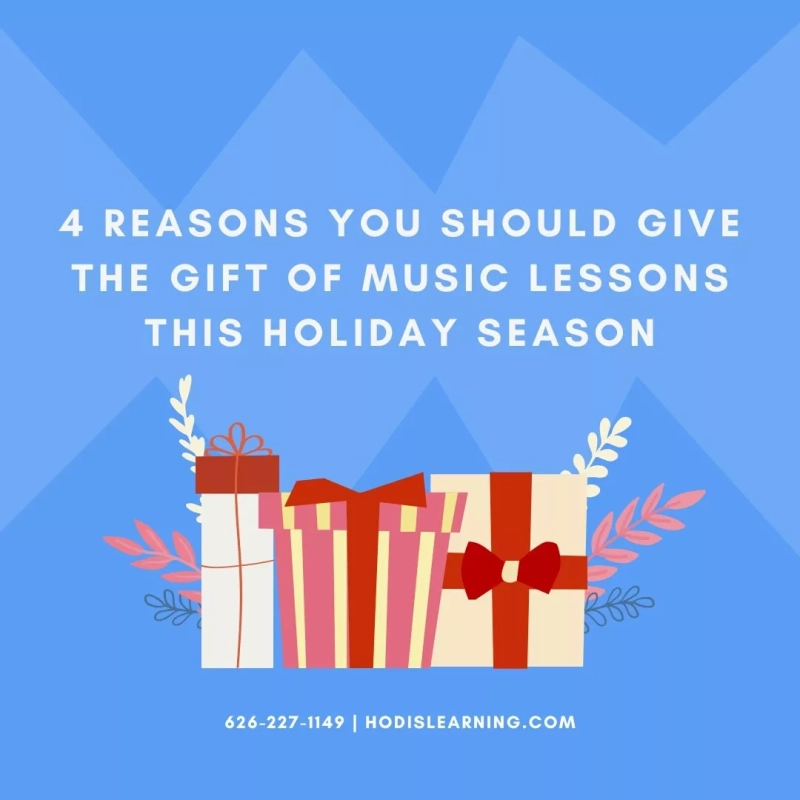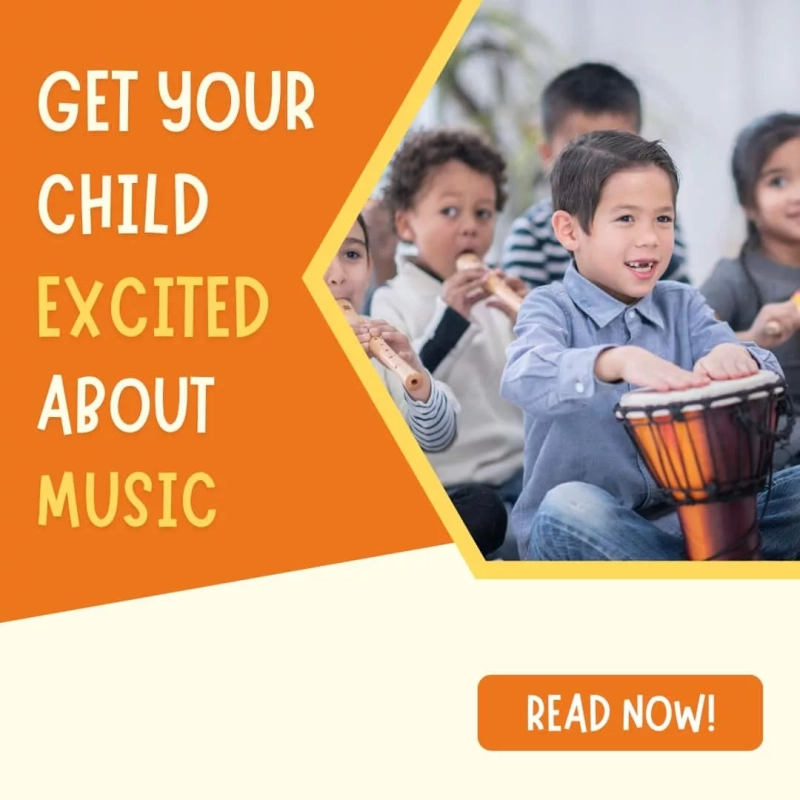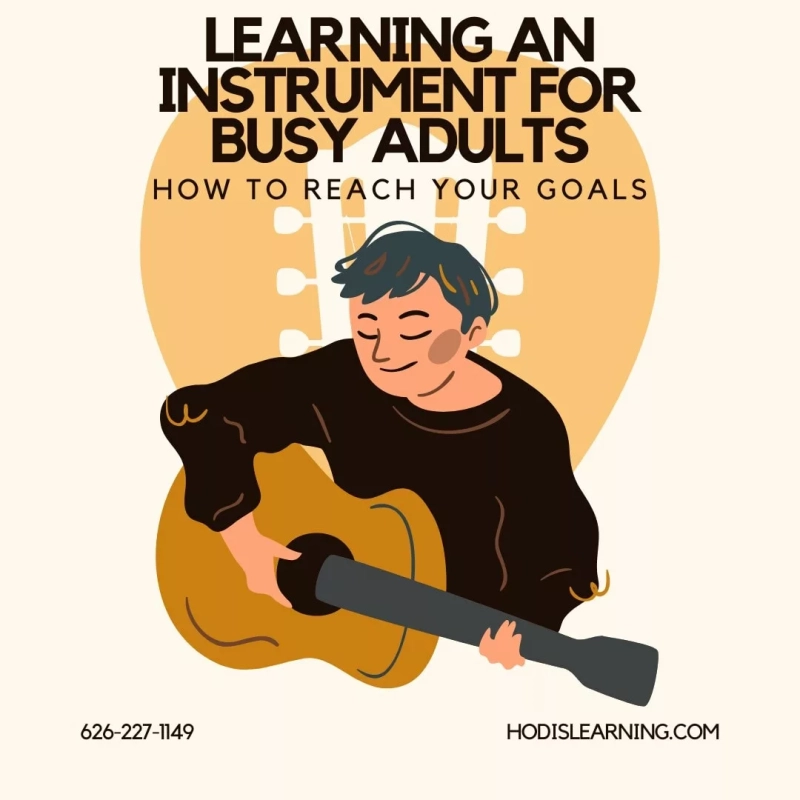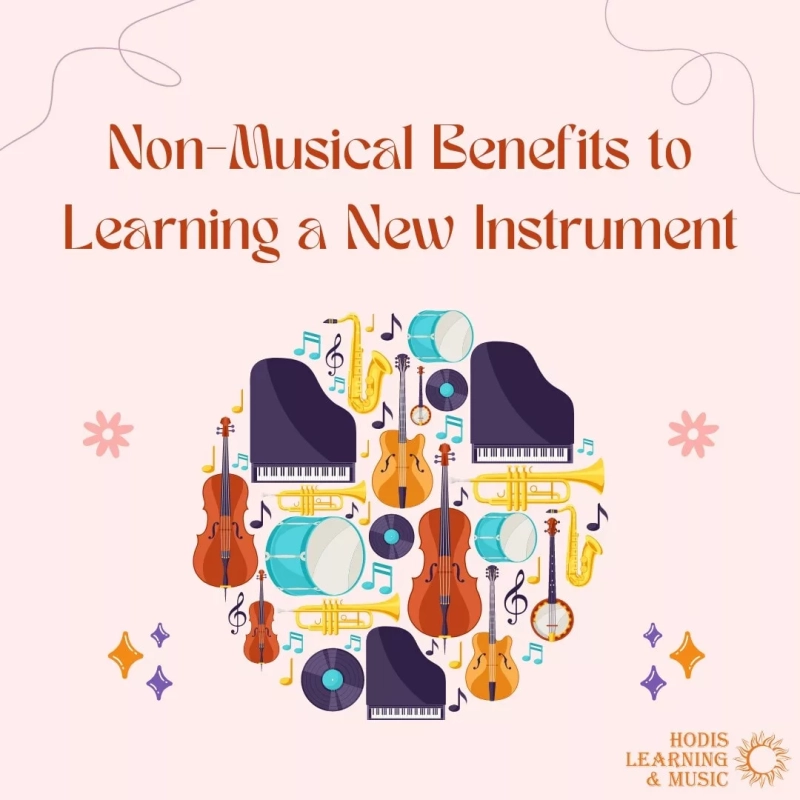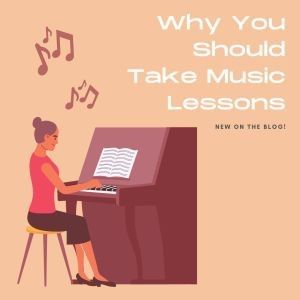The Ionian mode, also known as the Major scale, is one of the most important and commonly used modes in Western music. This mode is characterized by its upbeat and cheerful sound, and is often used in a variety of music genres, including pop, rock, and classical music.
Ionian Mode Formula
The Ionian mode is built on a series of whole and half steps, with the tonic (or root) note of the key being the starting point. For example, in a key of C, the first note of the Ionian mode would be C; in D, the first note of the Ionina would be D; and so on. Regardless of which key you’re playing, the formula for the Ionian mode remains the same: W – W – H – W – W – W – H (W = “whole step” or “tone” and H = “half step” or “semitone”). This specific combination of intervals gives the Ionian mode its unique sound and sets it apart from other modes.
Example: C Ionian Mode

Major Third Interval
One of the most distinctive features of the Ionian mode is its major third interval, which gives it a bright and happy sound. This is in contrast to the Aeolian mode, which has a minor third interval and a more melancholy sound.
Key Signatures & Example Songs
In terms of key signatures, the Ionian mode is associated with major keys. When played in a major key, the Ionian mode creates a sense of resolution and stability, making it a popular choice for upbeat and cheerful music. Many famous songs are written in the Ionian mode, including Tom Petty’s “Free Fallin’” and Beethoven’s “Ode to Joy.”
Understanding the Ionian Mode
To understand the Ionian mode, it’s essential to practice playing it on an instrument or singing it. Start by playing the scale ascending and descending, then try playing simple melodies using only the notes of the Ionian mode. You can also try playing chord progressions using the Ionian mode and experiment with different rhythms and dynamics.
It’s also a good idea to listen to music that uses the Ionian mode, such as classical pieces or popular songs, in order to get a sense of how the mode is used in different contexts. This can help you to better understand the sound and feel of the Ionian mode and to develop your own style and approach to using it in your own music.
Summary
In conclusion, the Ionian mode is a versatile and important music mode that is widely used in a variety of music genres. Whether you’re a beginner or an experienced musician, it’s well worth taking the time to master this mode and to incorporate it into your own music. By incorporating the Ionian mode into your playing, you’ll be able to create music with a bright and happy sound that’s sure to bring joy to your listeners.
Learn the Ionian Mode with an Expert Music Teacher
Get a better understanding of the Ionian mode as well as the other six main modes with an expert music teacher at Hodis Learning & Music. Our private, 1-on-1 lessons, provide an efficient and effective way to study music theory and hone your music skills. Learn more or schedule your first session today by calling or emailing us.
Music Mode Series
← What Are Music Modes? And Why Should I learn Them? | The Dorian Mode (II) →



